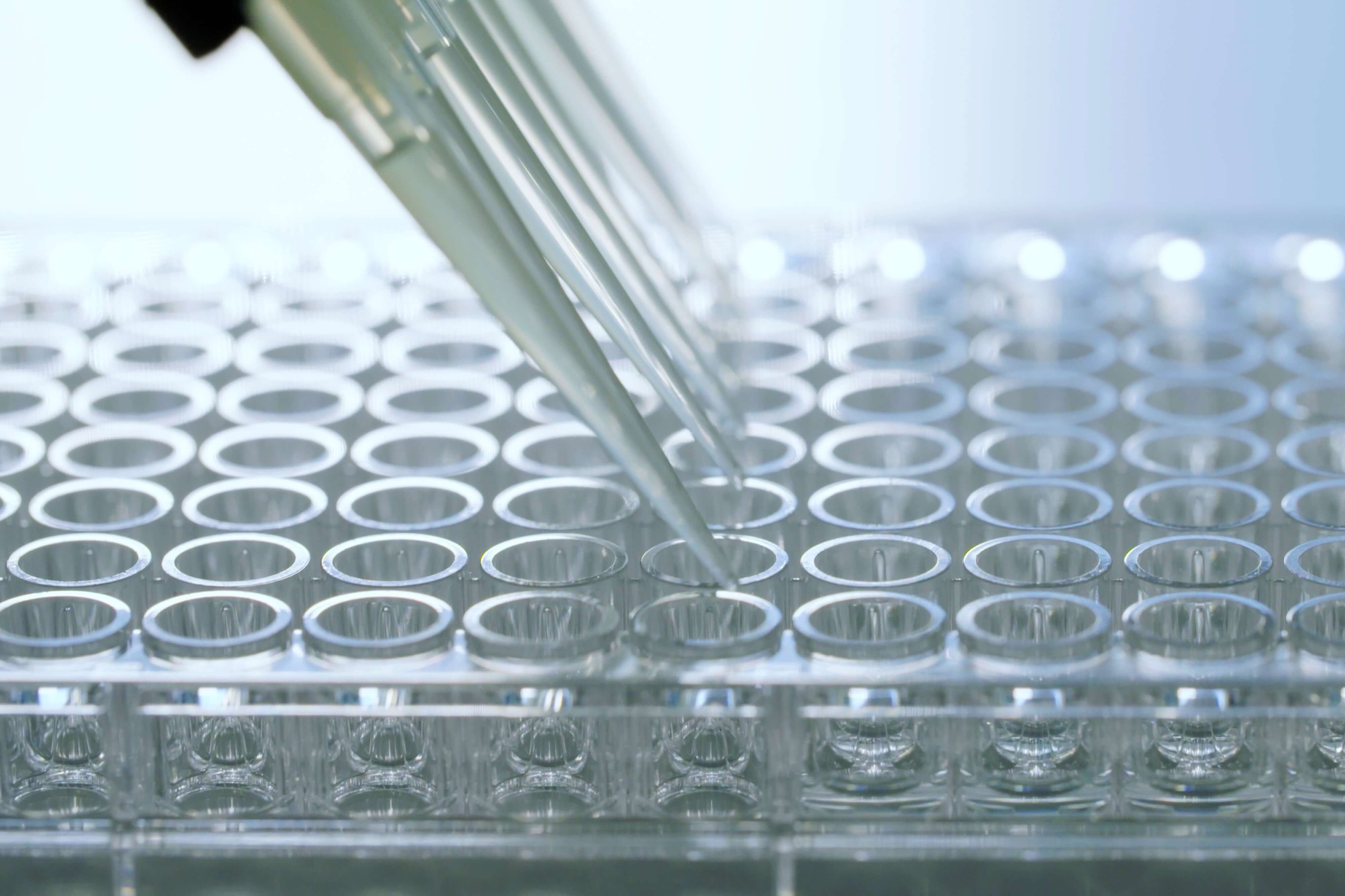Groundbreaking results observed from NovaGo Therapeutics AG's Phase IIb NISCI trial
19-12-2024 – The antibody therapy, NG101 showed evidence of improvement in motor function and functional independence in patients with motor-incomplete Spinal Cord Injury (SCI).

While the findings did not show any effectiveness of NG 101 across the entire patient cohort in relation to motor function and strength of the upper limbs, only patients with impaired spinal cord (i.e. limited motor activity) showed significant improvements in their arm and hand function as well as increased independence in performing self-care tasks (e.g. bathing, brushing teeth, dressing, moving around in a wheelchair etc.), accompanied by improvement in movement abilities were observed.
"We are very pleased with the result because these improvements make a big difference for those affected," says Martin Schwab, Swiss neuroscientist at the University of Zurich who led the study.
These improvements represent a defining moment in the treatment of spinal cord injuries and support the need for further investigation of antibodies to the Nogo protein, a protein that inhibits nerve regeneration and repair after injury to the central nervous system (CNS).
The study, executed in 13 different clinics across Europe, included 129 patients, with 80 patients treated with NG 101 and 49 in the placebo group.
"It is the largest study to date that shows that the spinal cord of paraplegics can regenerate," says Armin Curt from the Balgrist University Hospital in Zurich, who co-initiated and organized the study.
The production of the investigational antibody was made possible by the collaboration with the Regenerative Medicine Technology Platform of the Wyss Zurich Translational Center as part of the CeNeReg project
Sources: Tages Anzeiger - DE version / EN version, The Lancet



